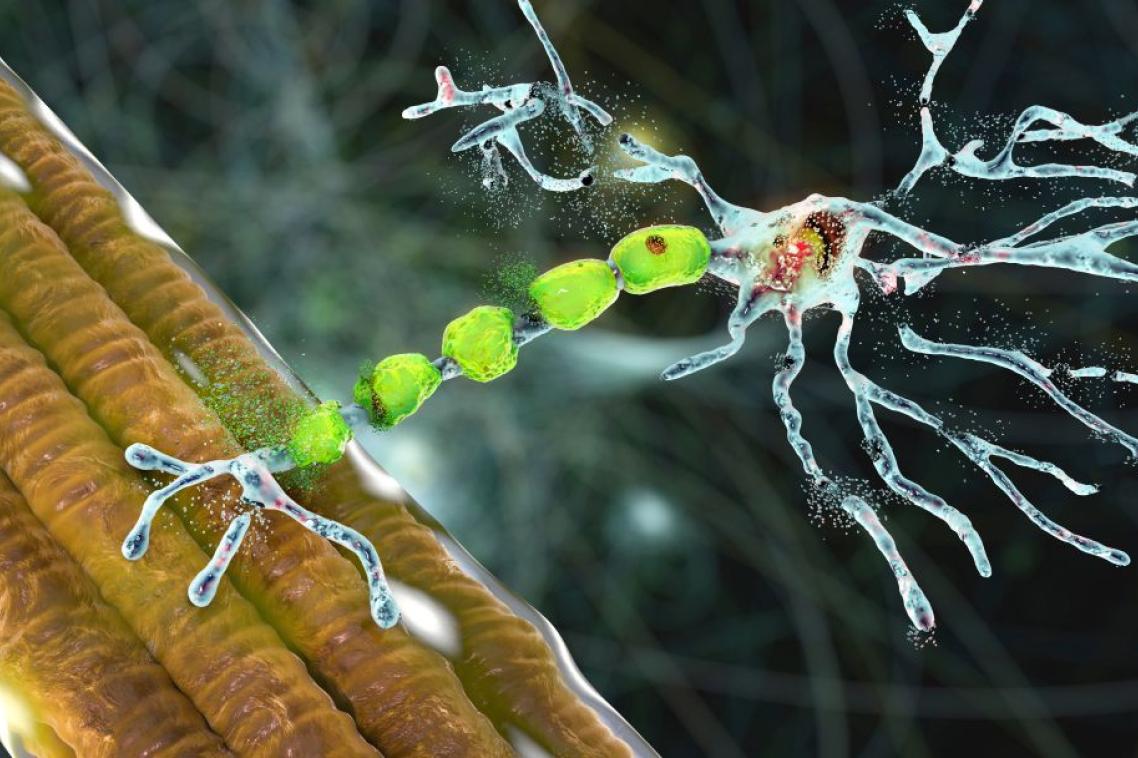Obstacles hinder access to legal abortion in Queensland

A University of Queensland study has found there are still barriers to terminating a pregnancy in Queensland, more than three years after the practice was decriminalised.
Researcher Maryanne Cleetus from UQ’s School of Public Health said access to safe, timely and compassionate abortions was being impeded by affordability, stigma, a lack of knowledge and family violence.
The research team analysed almost 2,000 de-identified client records collected by pregnancy counselling service Children by Choice between December 2018 and June 2020.
“Decriminalisation removed a major legal barrier to pregnancy termination in 2018 but many other barriers remain, and in some cases were exacerbated during COVID-19 pandemic restrictions,” Ms Cleetus said.
“The effect of these barriers was extremely concerning - some clients said they had considered using unsafe termination methods or had undertaken self-harm.”
Forty-three percent of clients reported exposure to family or intimate partner violence, including reproductive coercion and abuse.
Study co-author Dr Judith Dean said clients also frequently expressed distress about their capacity to pay for a pregnancy termination, along with feelings of shame and stigma.
"They spoke of isolation and the difficulty of making decisions with a lack of personal and healthcare support,” Dr Dean said.
“Our findings demonstrate the complexity of ensuring equitable access to termination of pregnancy care.”
The study found clients commonly reported having seen unsupportive healthcare practitioners who gave incorrect or misleading advice about terminations or refused to refer them.
Children by Choice CEO Daile Kelleher said other barriers included limited or confusing publicly funded pathways to abortion.
“This can result in distress and poor health outcomes,” Ms Kelleher said.
“Any models of care must consider these barriers and ensure appropriate and compassionate options for women and pregnant people.”
The study is published in CSIRO Sexual Health.
Media: Maryanne Cleetus, m.cleetus@uq.edu.au, Dr Judith Dean, j.dean4@uq.edu.au; Daile Kelleher, Children by Choice, 07 3357 9933, DaileK@childrenbychoice.org.au; UQ Medicine Communications, med.media@uq.edu.au, +61 (07) 3365 5118 or +61 (0)436 368 746; UQ Communications, communications@uq.edu.au; +61 (0)429 056 139
Related articles

Coercive control puts children at risk of mental illness later in life

Clinical trial to repurpose heart medication for MND treatment
Media contact
UQ Communications
communications@uq.edu.au
+61 429 056 139
